Emergency Dentists Near Me

Emergency Dental Care Overview

Importance of Emergency Dental Care
Emergency dental care is crucial in addressing urgent dental health issues that can arise unexpectedly. Timely treatment can prevent complications, alleviate pain, and save teeth. Awareness of the necessity of emergency dental services can lead to better outcomes for individuals facing dental crises.
What Constitutes a Dental Emergency
Not every dental issue qualifies as a dental emergency. The following situations are generally considered emergencies:
Type of EmergencyDescriptionSevere PainIntense tooth or jaw pain that cannot be managed with over-the-counter medication.Knocked-Out ToothLosing a tooth due to trauma, requiring immediate reinsertion.Cracked or Fractured ToothSignificant damage to a tooth that exposes nerves or causes bleeding.AbscessPus accumulation leading to swelling and pain, often requiring antibiotics.Lost Filling or CrownA lost restoration that causes discomfort or exposes the tooth.
Steps to Take in a Dental Emergency
In a dental emergency, following specific steps can help manage the situation effectively:
Understanding the importance of emergency dental care, recognizing what constitutes an emergency, and knowing the appropriate steps can ensure that individuals receive the treatment they need efficiently. Awareness of local services and having a plan can make all the difference during such urgent situations.
Finding Emergency Dentists Near You
When faced with a dental emergency, finding a qualified emergency dentist quickly is essential. Several strategies can help patients locate the right dental care in their area.
Searching for Emergency Dentists Online
One of the quickest ways to find emergency dentists is by conducting an online search. By entering the phrase "emergency dentists near me," individuals can access various dental practices that cater to urgent situations.
Many websites provide details about dentists, including specialty, hours of operation, and patient reviews. Patients should utilize specific keywords and localized terms to yield the best possible results.
Search MethodsDescriptionSearch EnginesUse phrases like "emergency dentists near me"Review SitesCheck reviews on platforms to gauge service qualityDental Service WebsitesVisit sites that offer immediate appointment booking
Utilizing Dental Directories
Dental directories can be valuable in finding emergency dental services. These directories compile lists of dentists categorized by their specialties, location, and availability. Patients can filter their searches based on proximity, services offered, and hours of operation.
Using dental directories can ease the process of finding a dentist while providing crucial information. Some directories also include verified patient reviews, making it easier to assess which options may be suitable. For further details, explore how to find a dentist near me using online directories.
Contacting Local Dental Associations for Referrals
Local dental associations can be another reliable resource when seeking emergency dental care. These organizations typically maintain a list of licensed dentists, including those who specialize in handling emergency situations.
By reaching out to these associations, individuals can obtain trusted recommendations and ensure they are connecting with qualified professionals. This approach can save valuable time during a dental crisis. For insights on dental professionals, refer to what to look for in a dentist near you?.
Incorporating these methods can significantly enhance the efficiency of finding emergency dental care. Whether searching online, using directories, or contacting local associations, patients can ensure effective and timely assistance for their dental needs.
Factors to Consider When Choosing an Emergency Dentist
Selecting the right emergency dentist is crucial during a dental crisis. Several factors can influence this decision, including location, office hours, and the services offered.
Location and Accessibility
The proximity of the dental office can significantly impact the convenience of receiving care during an emergency. Finding an emergency dentist that is close to home or work makes it easier to get treatment quickly. In some situations, quick access to dental care can mean the difference between saving and losing a tooth.
Distance from HomeResponse TimeLess than 5 miles10 mins5 - 10 miles15 - 20 mins10+ miles30 mins or more
Accessibility to parking and entry for individuals with mobility issues also plays a role in choosing the right dentist. Ensure that the office is equipped to handle any specific needs.
Office Hours and Availability
Emergency dental situations can happen at any time. Therefore, it is essential to consider the office hours of the dentist. Many practitioners offer extended hours or are available on weekends to accommodate urgent cases.
Office HoursAvailability9 AM - 5 PMStandard Hours8 AM - 8 PMExtended Hours24/7Always Open
When looking for emergency dentists, check their availability on holidays or during off-hours.
Services Offered
Understanding what services an emergency dentist provides can influence the choice. Some dental emergencies require specific treatments, such as extractions, root canals, or cosmetic procedures.
ServicesDescriptionTooth ExtractionsRemoval of damaged or affected teethRoot CanalsTreatment for infected or injured teethRestorative ServicesRepairing teeth with fillings or crownsPediatric Emergency CareSpecialized care for children’s dental issues
Consulting the dentist’s website or calling ahead can provide clarity on the range of services available. This information can help one prepare for the potential costs associated with these services. For more details on costs and insurance coverage, refer to are veneers covered by insurance?.
Confirming these factors can streamline the process of finding the right emergency dental care when needed. For assistance in locating dental professionals in your area, explore our guide on finding the best dentist near me.
Preparing for Your Emergency Dental Visit
When faced with a dental emergency, being well-prepared for the visit can enhance the experience and improve outcomes. Below are essential aspects to consider before attending the appointment.
What to Bring to Your Appointment
Arriving prepared can expedite the treatment process. Here’s a list of items to bring:
ItemDescriptionInsurance InformationInclude your insurance card or any relevant details. This helps the office verify coverage.IdentificationA driver's license or another form of ID may be needed for patient records.Medical HistoryBring a list of medications and any medical conditions to discuss with the dentist.Previous X-RaysIf available, previous dental records can assist with diagnosis.Emergency ContactsList of emergency contacts in case further treatment is needed or for additional assistance.
Communicating Your Dental Emergency
Clear communication about the dental emergency is crucial. Here are key points to keep in mind when discussing the issue with dental staff:
Effective communication ensures that the necessary treatments are initiated promptly. For further insights on choosing a dentist, refer to the article on what to look for in a dentist near you?.
Understanding Potential Costs
Being aware of potential costs can alleviate financial concerns during an emergency. Here’s a breakdown of factors affecting the costs associated with emergency dentistry:
FactorCost Range (Approximate)Initial Consultation$50 - $200X-Rays$75 - $300Tooth Extractions$100 - $800Fillings$150 - $300Root Canals$700 - $1500
Costs may vary significantly based on the complexity of the situation and the dentist's location. Review insurance details beforehand and inquire about payment options. Understanding costs is part of responsible planning for dental health. For more about dental care, see the article on importance of regular dental checkups.
Aftercare and Follow-Up
Following a dental emergency, proper aftercare is essential to ensure recovery and prevent further issues. This section provides guidance on post-emergency dental care, scheduling follow-up appointments, and the significance of regular dental check-ups.
Post-Emergency Dental Care Instructions
After receiving treatment from an emergency dentist, it’s crucial to follow specific care instructions to promote healing. These instructions may vary based on the type of dental issue treated. General aftercare recommendations include:
Care InstructionDescriptionPain ManagementUse over-the-counter pain relievers as directed.Oral HygieneMaintain gentle brushing and flossing, avoiding the affected area if necessary.Dietary RestrictionsAvoid hard, sticky, or hot foods to prevent irritation.Monitor SymptomsKeep an eye on swelling, bleeding, or signs of infection, and contact the dentist if symptoms worsen.
For any specific instructions, patients should refer to their dentist's guidance or check articles like importance of regular dental checkups for more information.
Scheduling Follow-Up Appointments
After the initial treatment, coordinating follow-up appointments helps ensure that the dental issue is fully resolved. Patients should inquire during their emergency visit about when to return for follow-up care. This appointment typically focuses on monitoring recovery and addressing any ongoing concerns.
Follow-Up Appointment TimelinePurpose1-2 Days AfterInitial recovery check-up to assess healing.1-2 Weeks AfterEvaluation of treatment effectiveness.As NeededOngoing care based on individual healing progress.
Patients can also check resources such as what to look for in a dentist near you? for tips on how to select a dentist well-suited for follow-up care.
Importance of Regular Dental Check-Ups
Regular dental visits play a vital role in maintaining oral health and preventing emergencies. Consistent check-ups allow for early detection of potential issues, which can avert urgent situations. It is generally recommended that individuals visit their dentist at least twice a year.
Recommended Check-Up FrequencyBenefitsTwice a YearEarly detection of cavities and gum disease.AnnuallyComprehensive examination and cleaning.
To learn more about the advantages of routine dental visits, read our article on how often should you visit a dentist?. By adhering to these guidelines and prioritizing aftercare and regular appointments, patients can significantly enhance their oral health and minimize the likelihood of future dental emergencies.
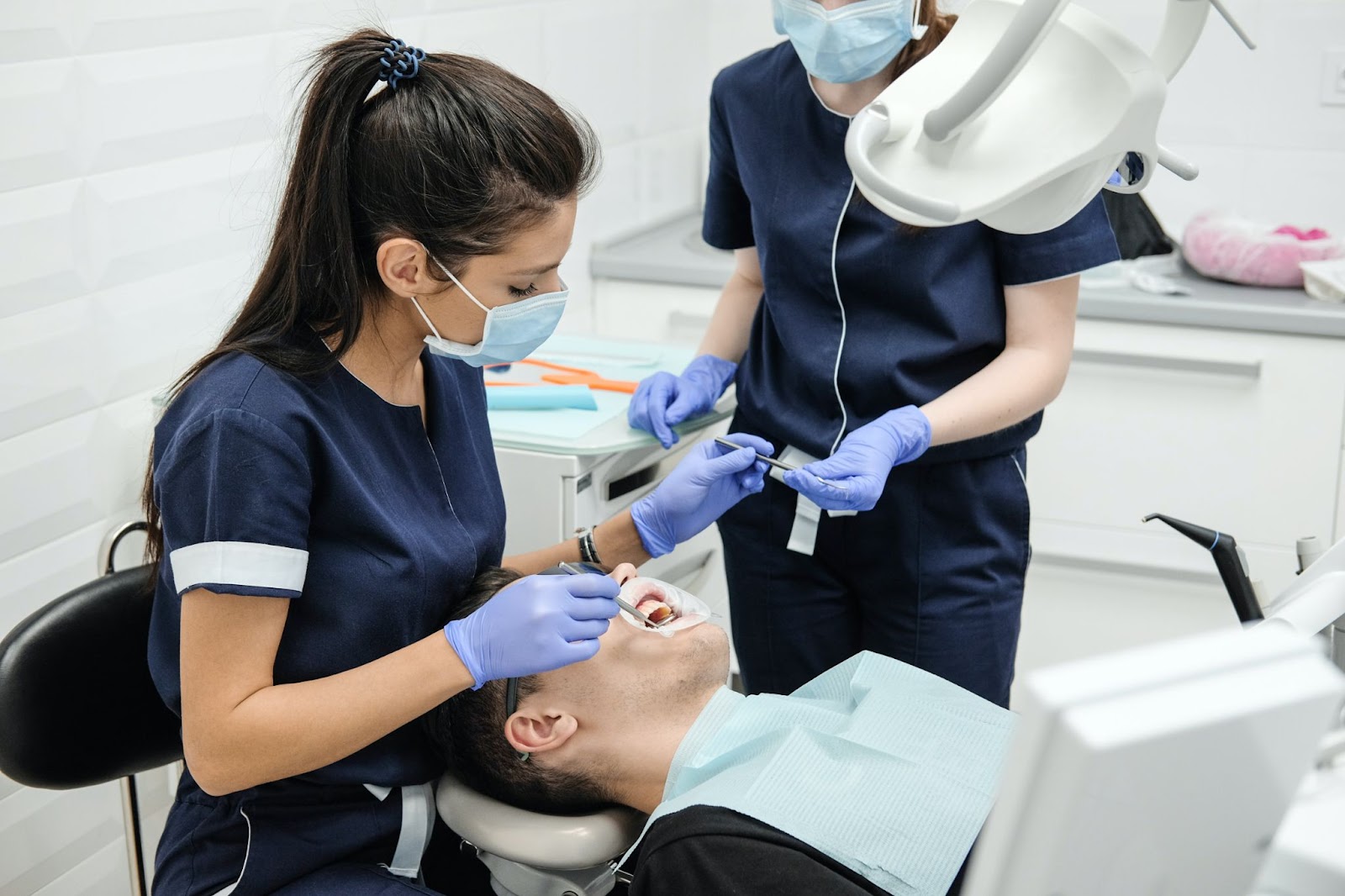





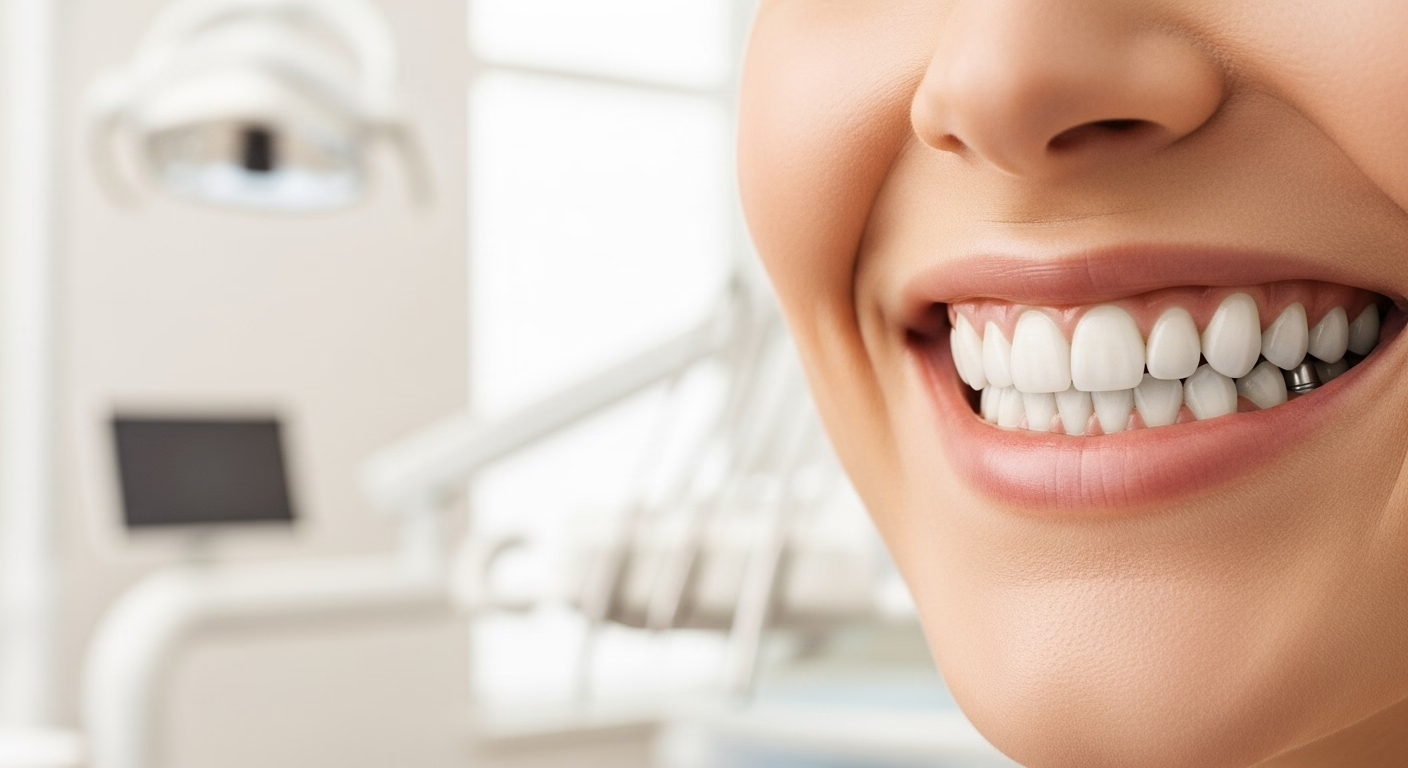
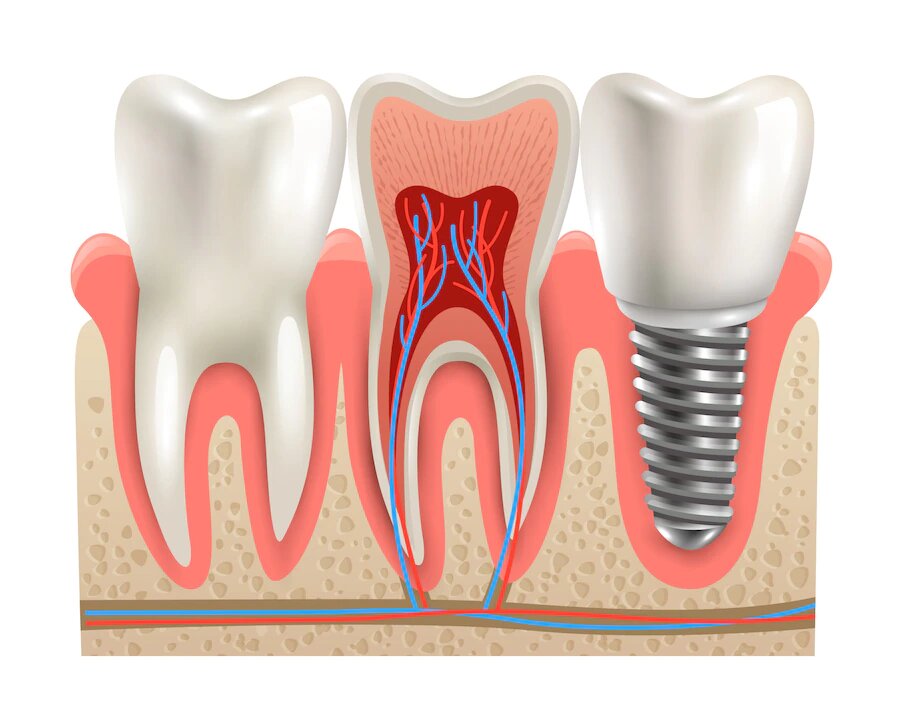
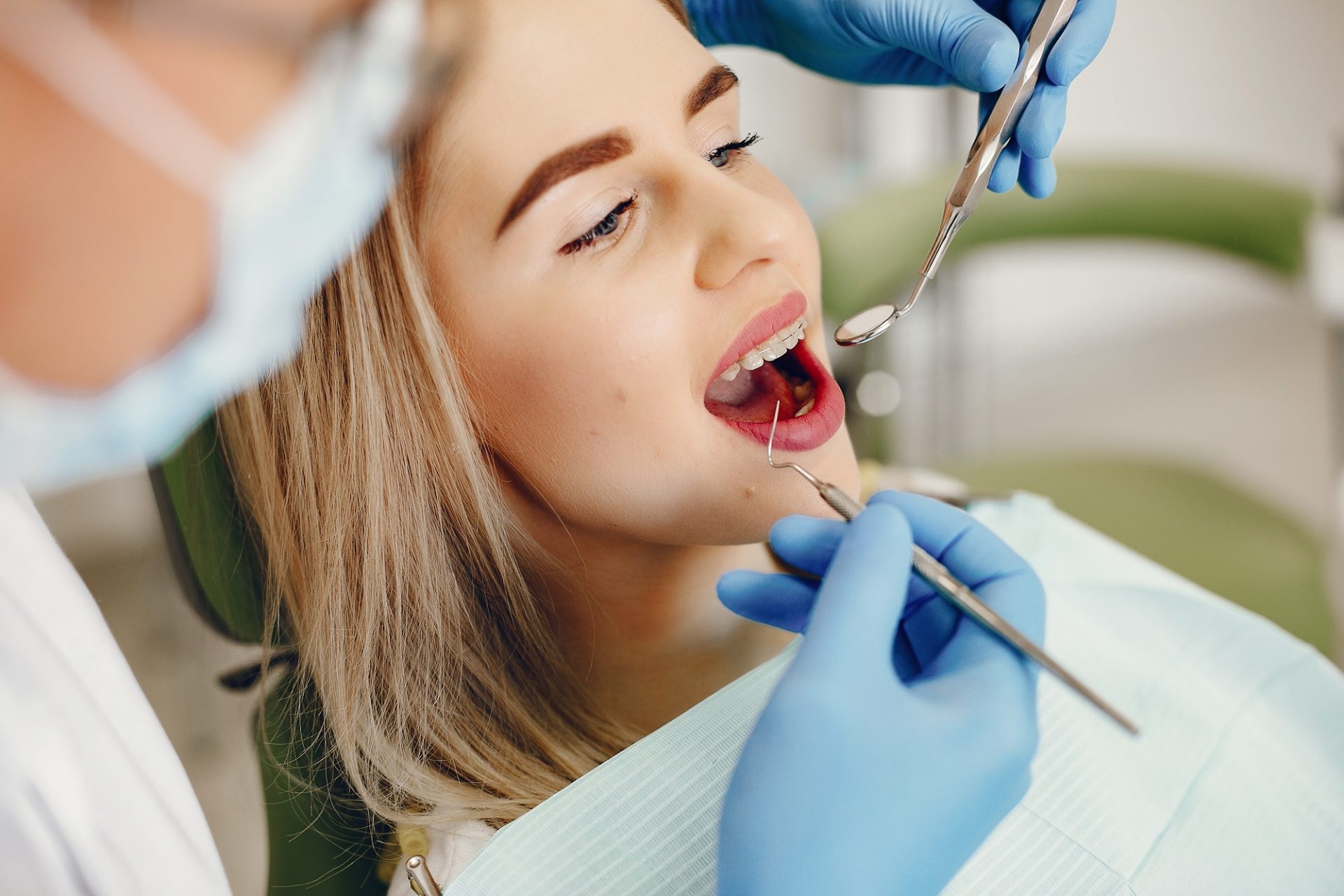



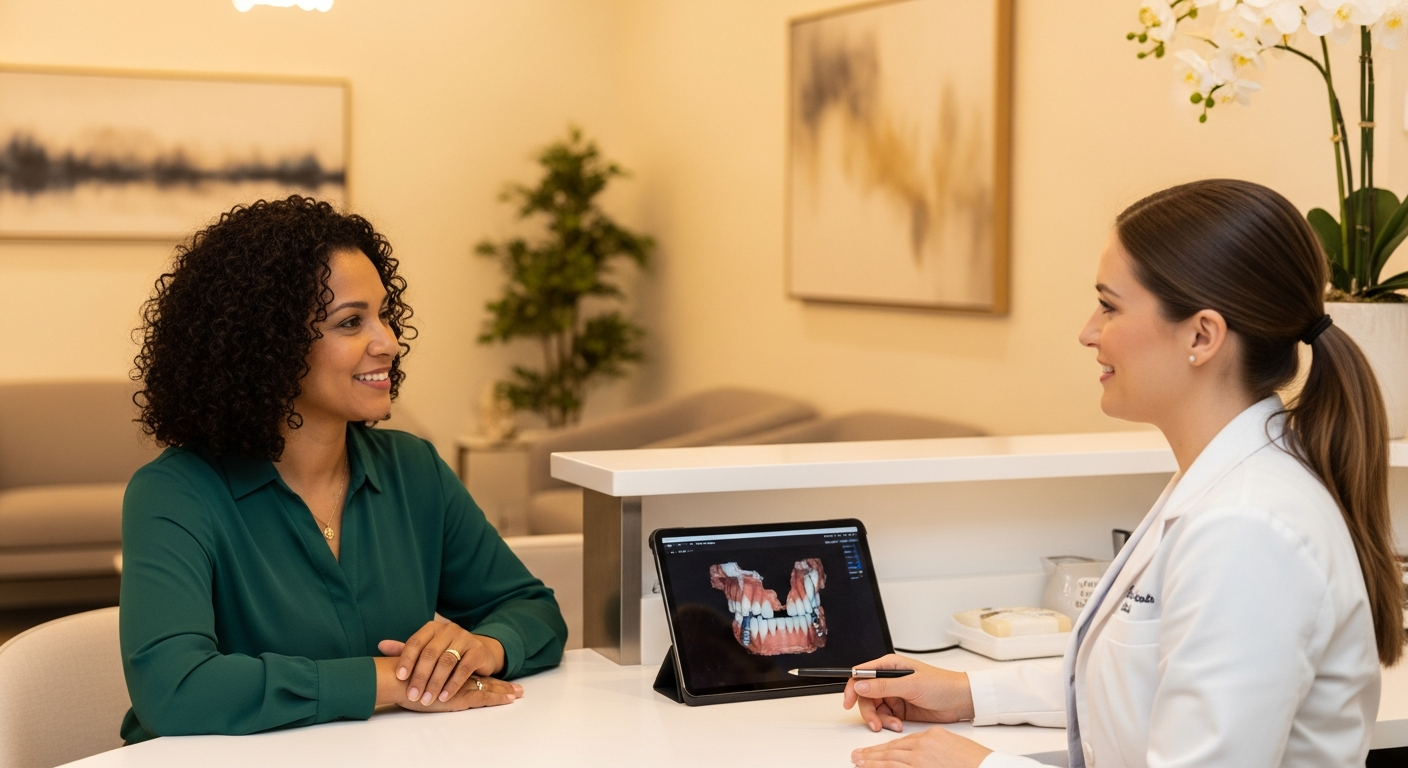





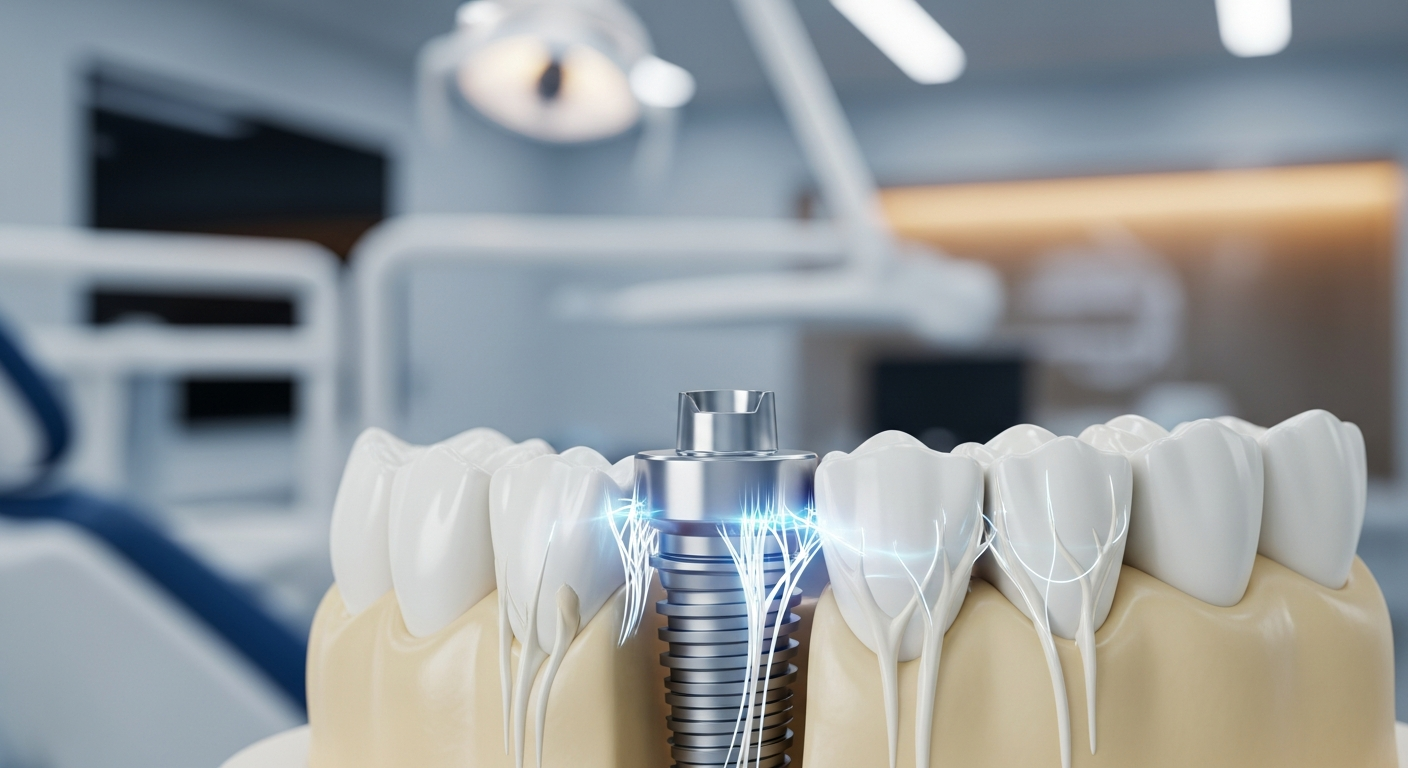
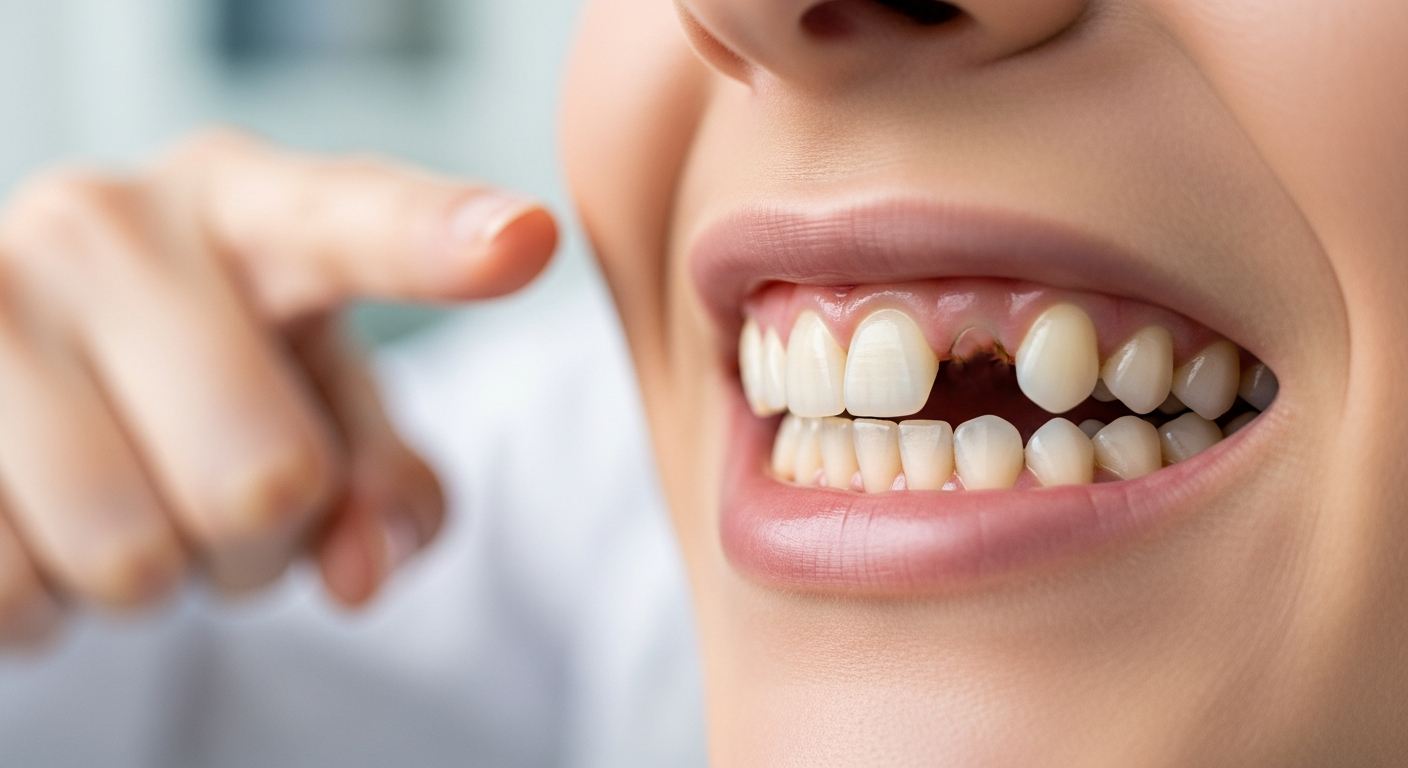





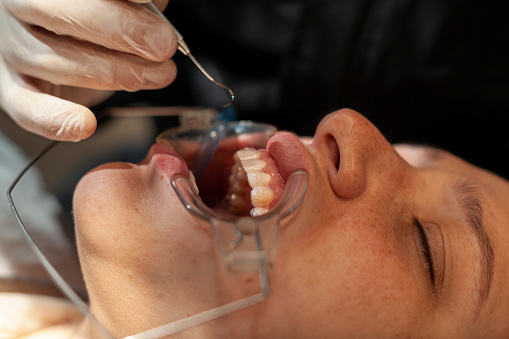

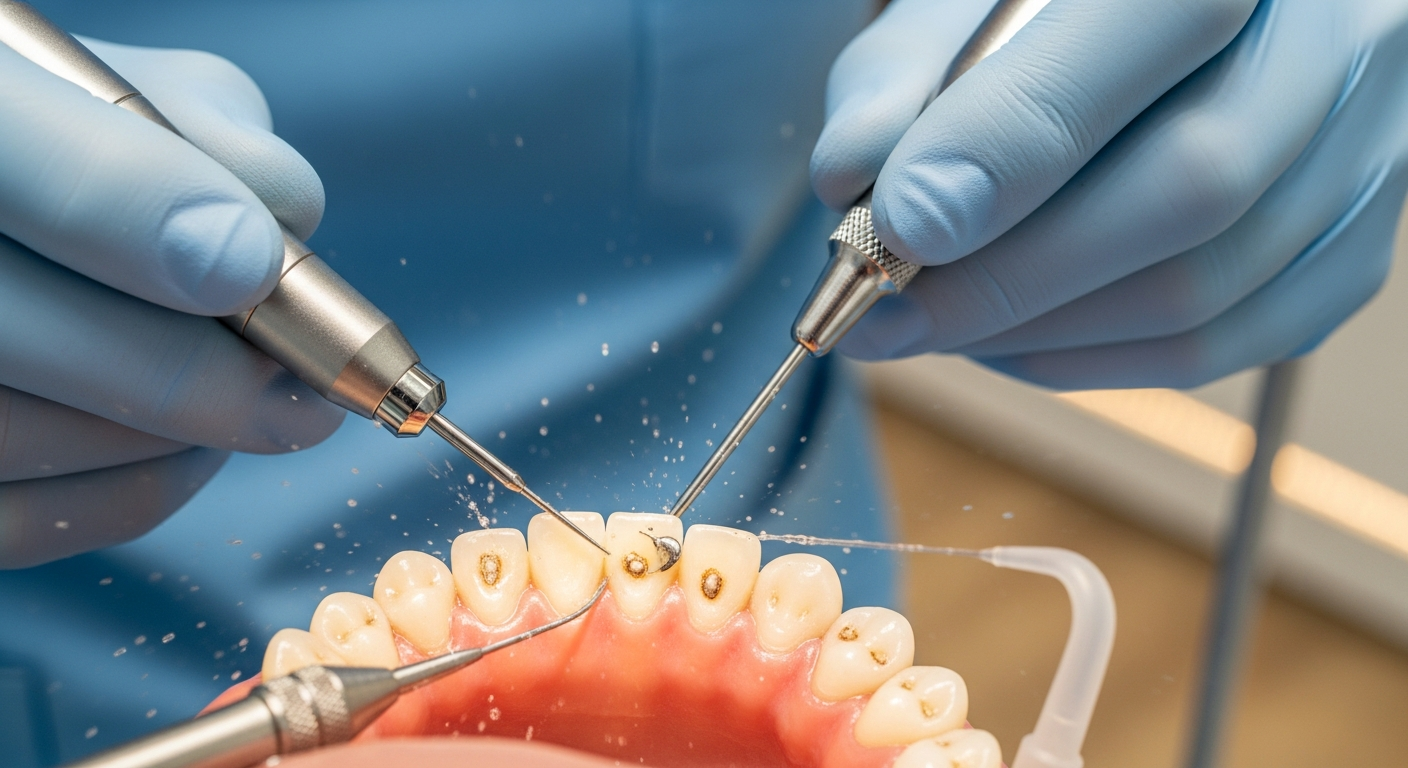

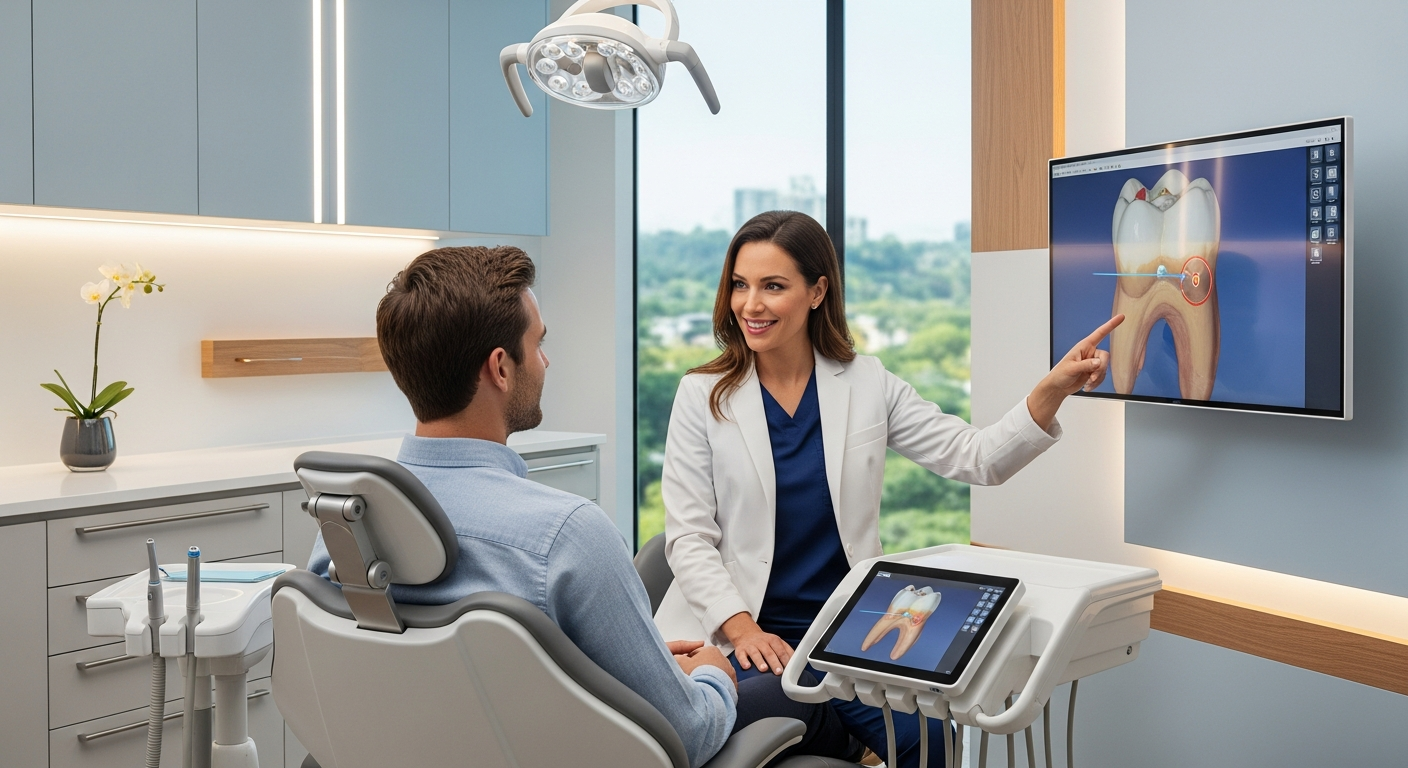
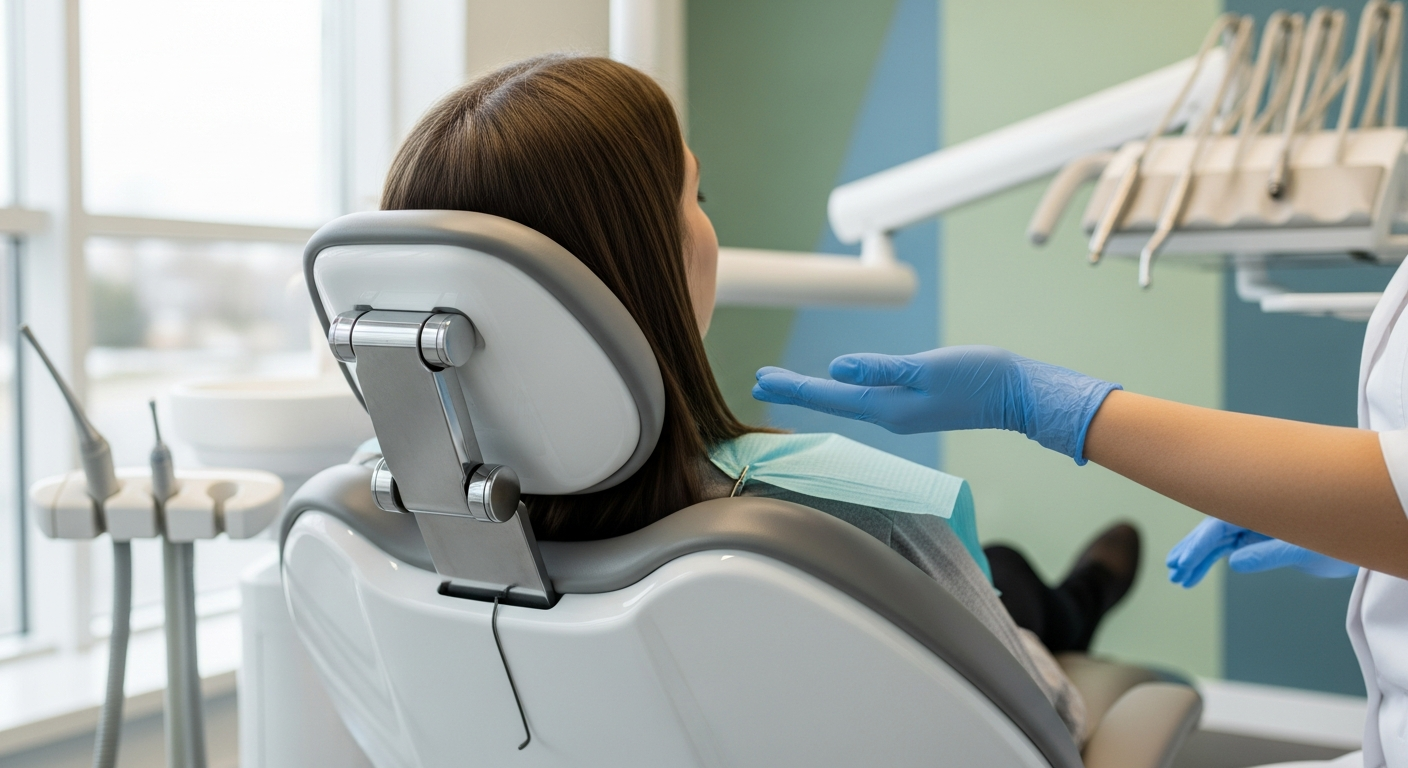

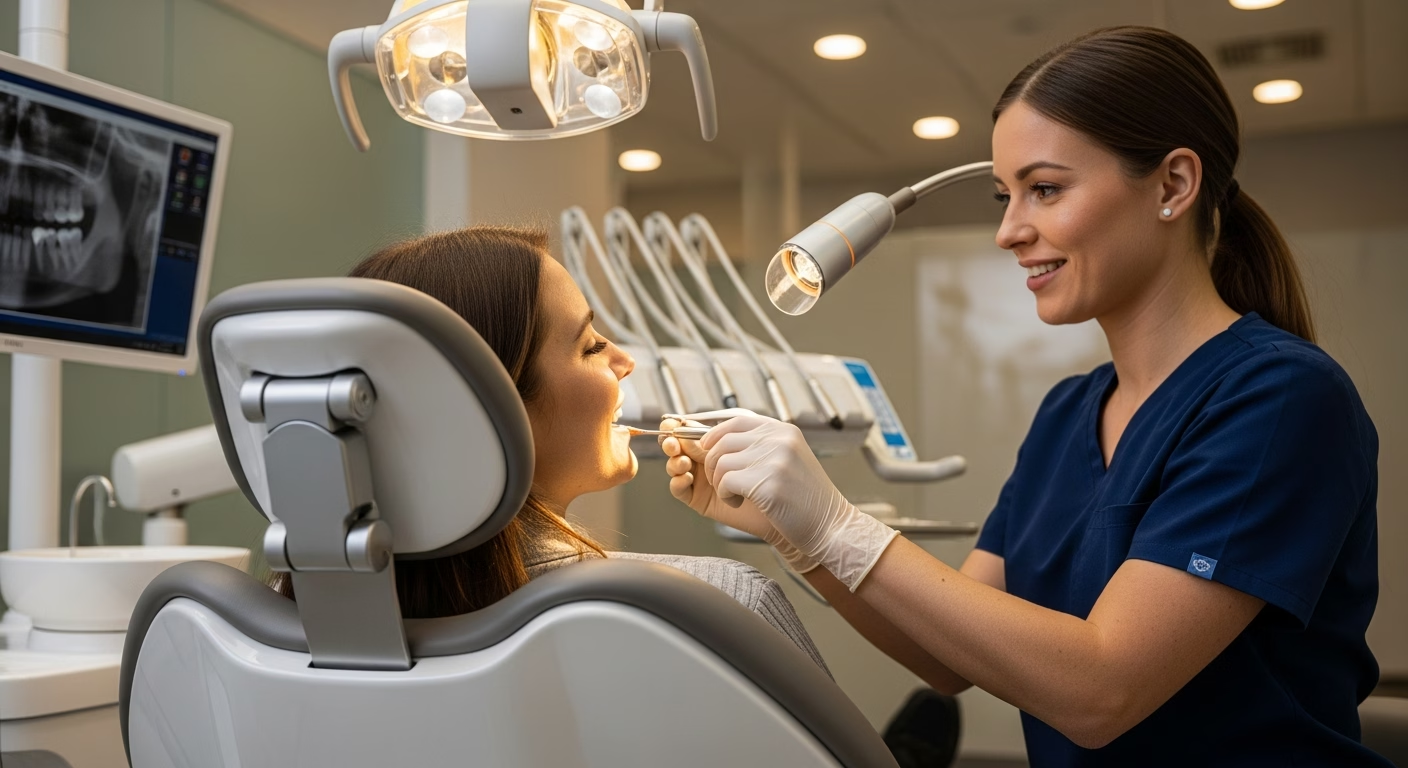
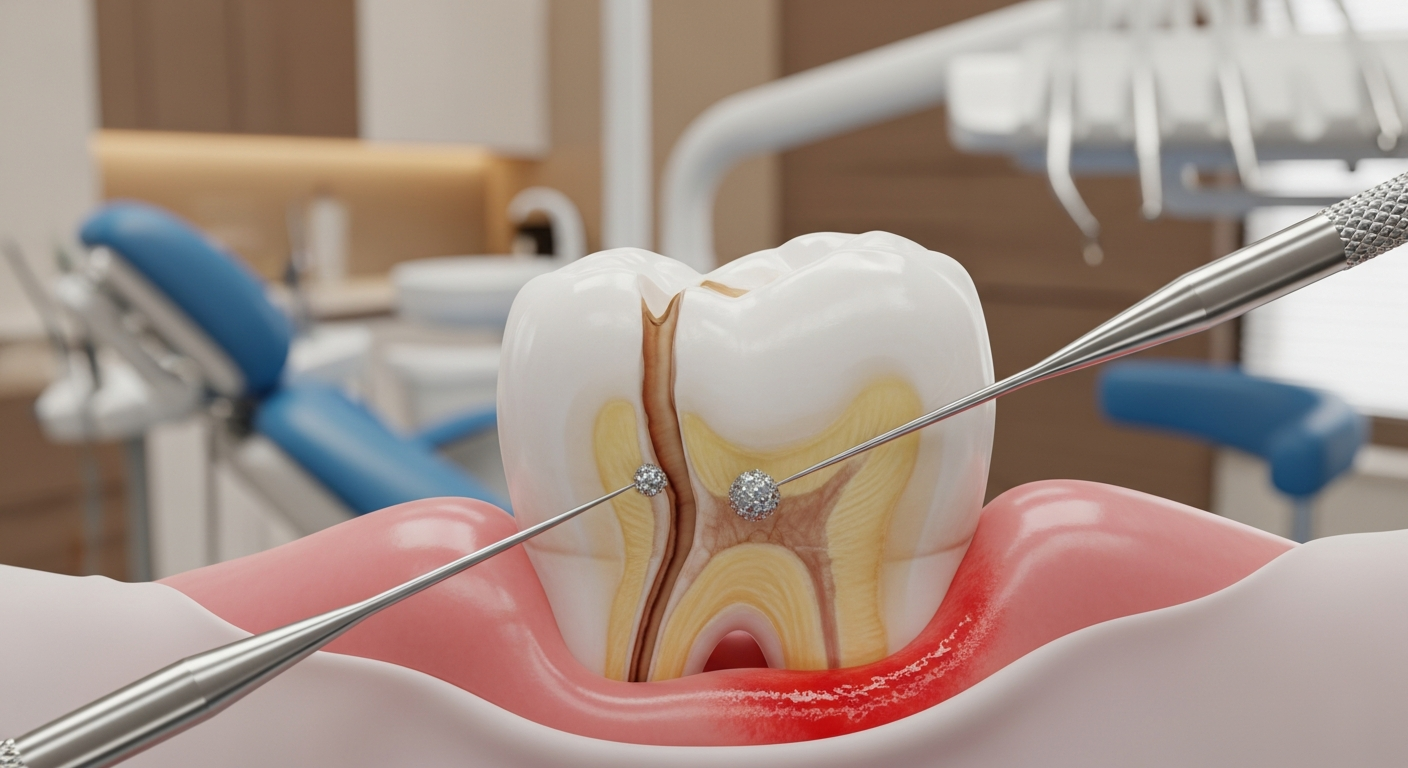




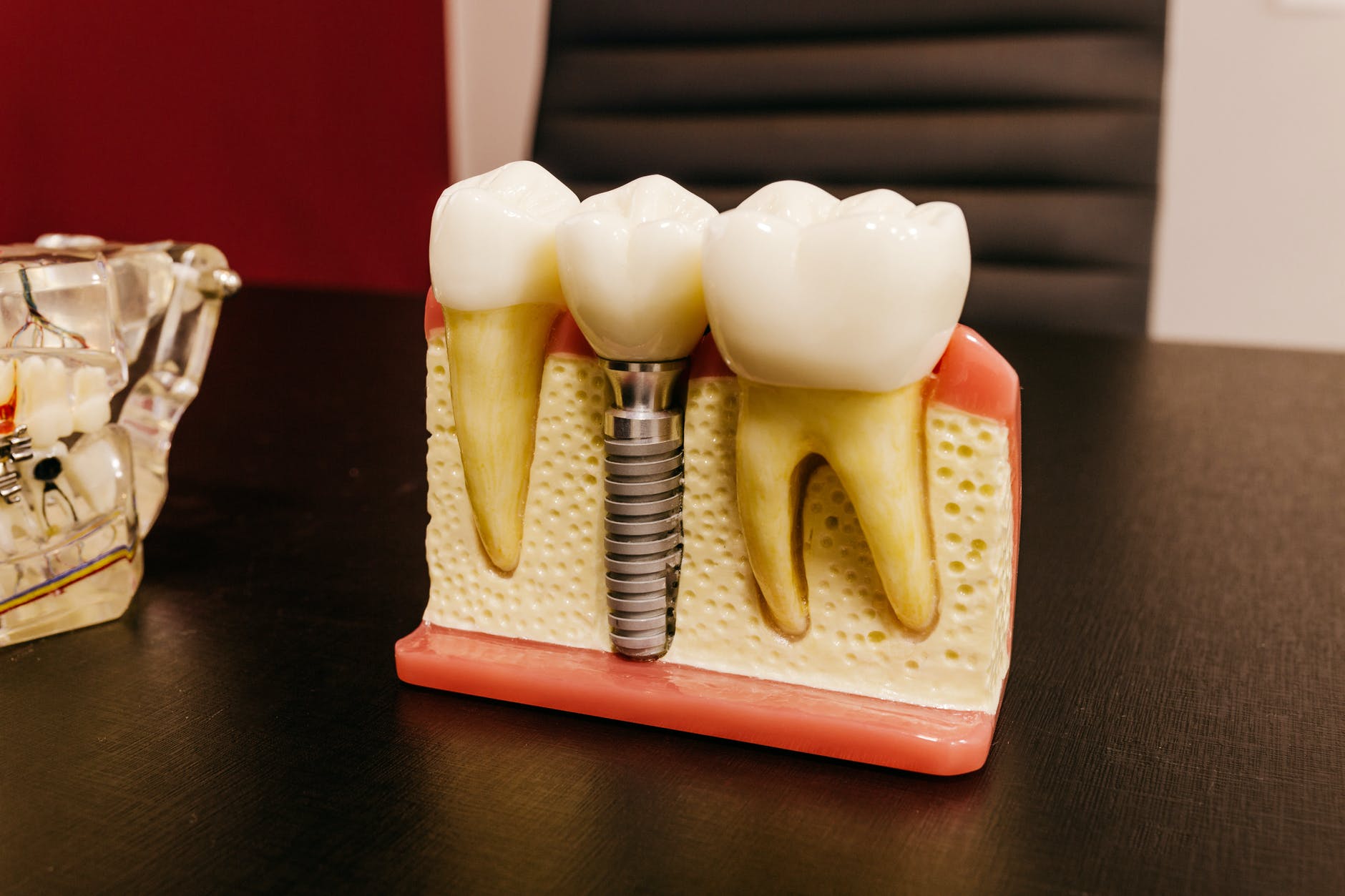


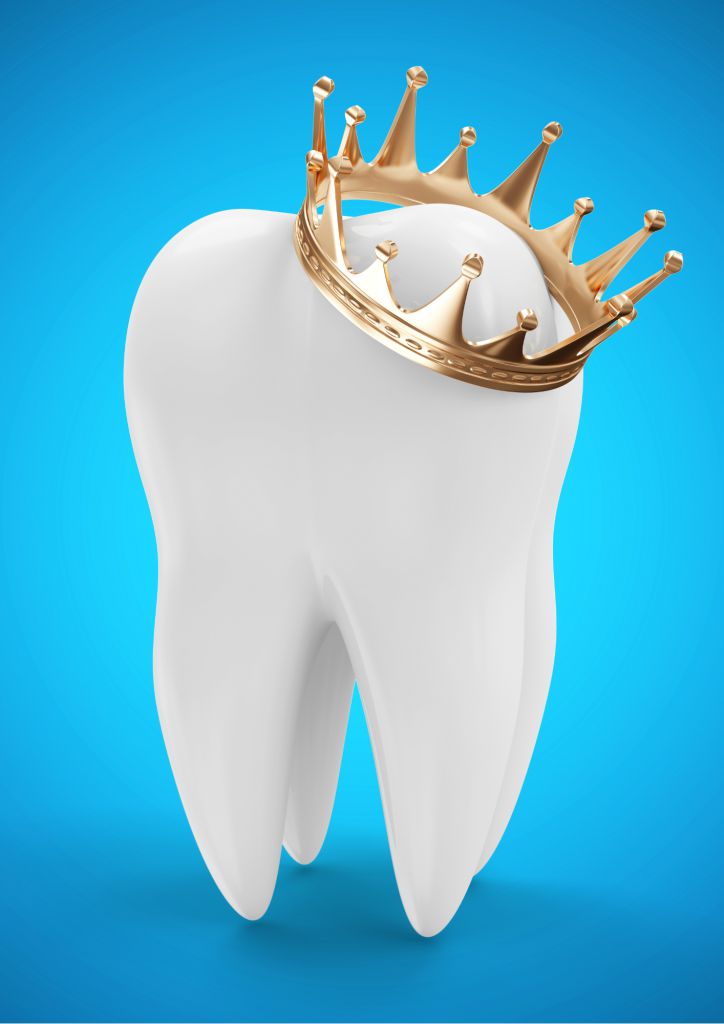







.avif)


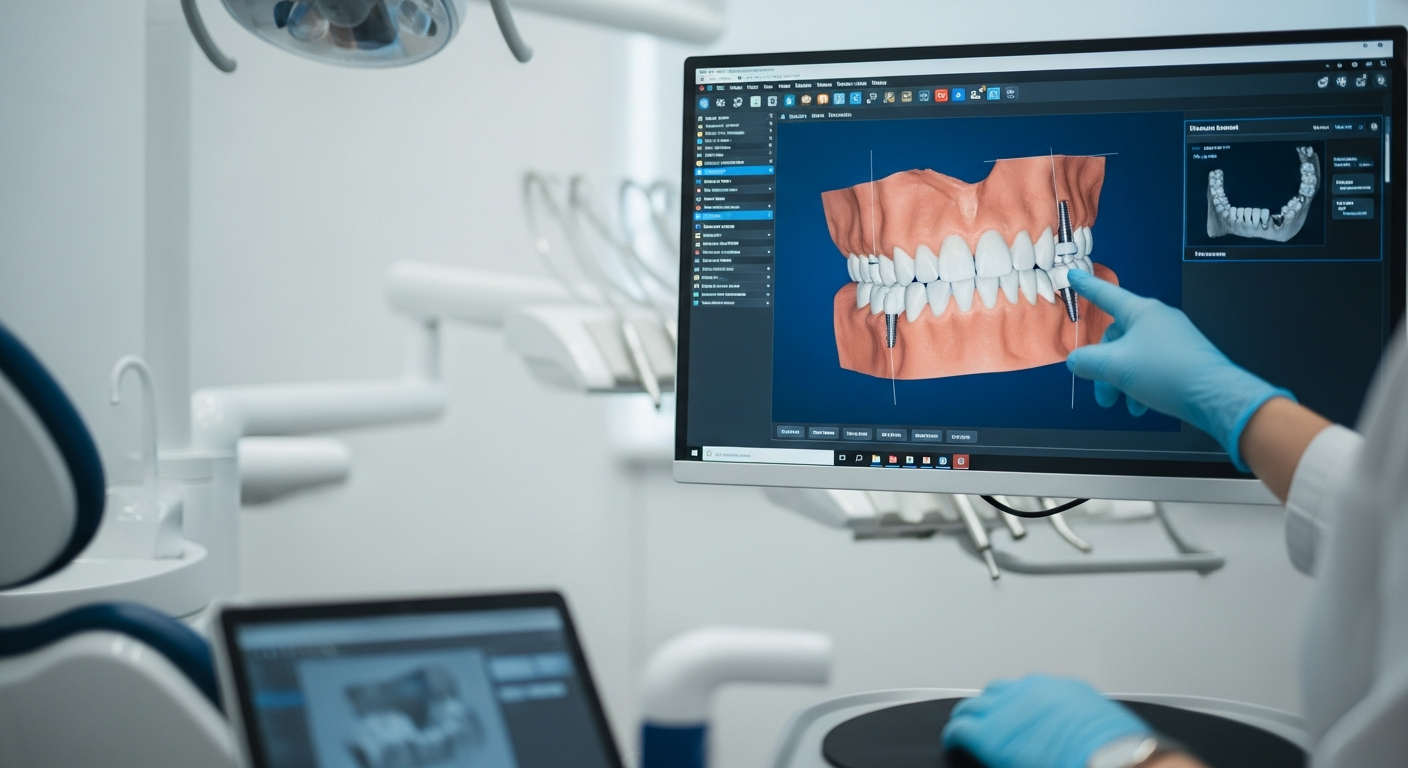



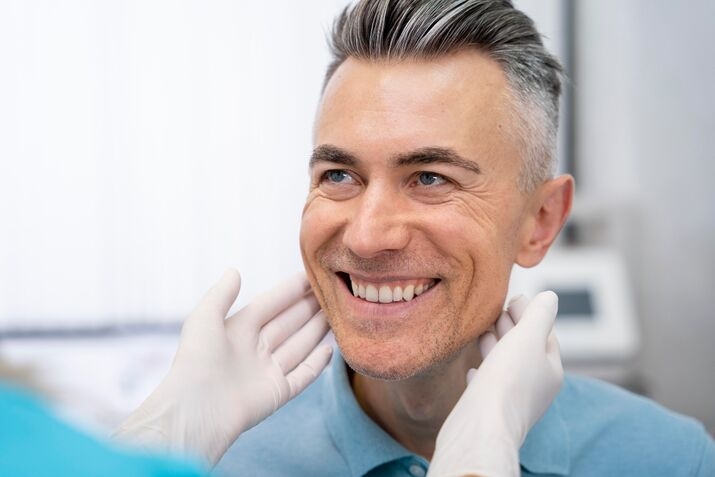
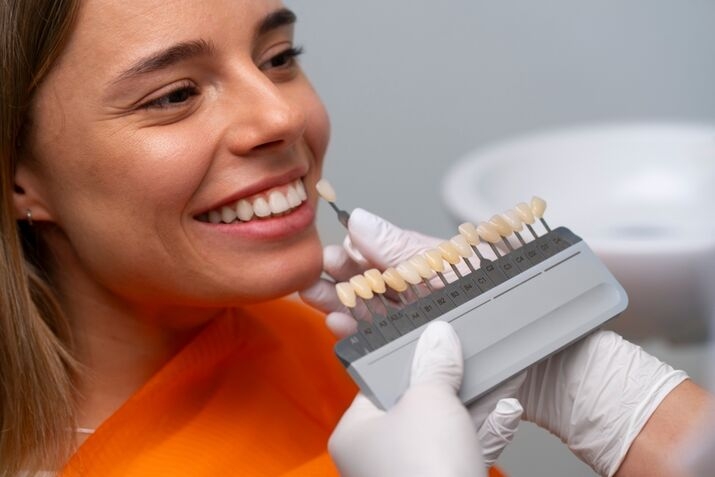
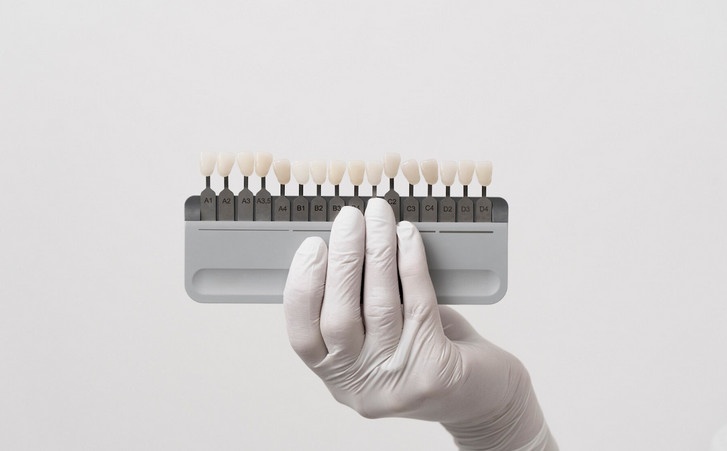

.jpg)


















.avif)


















.jpg)


